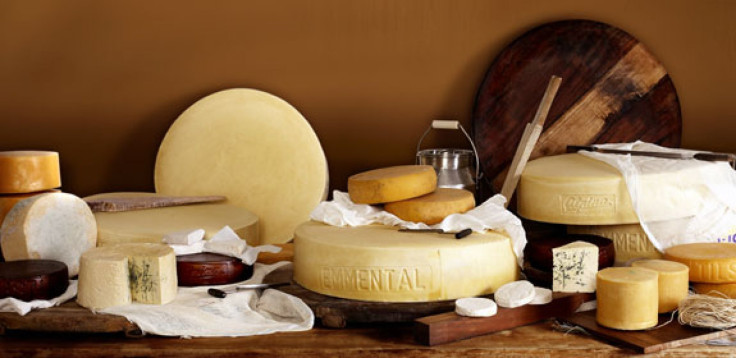Colombia Free Trade Agreement With European Union Makes Local Cheeses Change Names

Colombia’s cheese might not be as famous as its coffee, but it is certainly worthy of attention. The Latin American country produces around 20 different kinds of cheeses, from the traditional Andean varieties out of llama milk to the refined, European versions. However, with the start of its free trade agreement with the European Union, which came into force in August, Colombia will have to change something: the cheeses’ names.
The Commerce Ministry announced on Monday that 16 cheeses produced in Colombia fall under the denomination of origin in the countries where they were first made. Therefore, the Colombian companies that make cheeses of European tradition, such as camembert, parmesan or manchego, will not be able to use such names in their commercial labels.
José Luis Londoño, director of intellectual property in the ministry, said the issue had been on the table for a few years, but it never was enforced until the beginning of the treaty.
“In Europe they recognize Colombia’s coffee's denomination of origin, such as the ‘premium’ coffee from Nariño and Cauca -- so it’s only fair that we do the same with their products,” Londoño told the Colombian website Portafolio.
Londoño added that the Commerce Ministry will consider expanding the denomination of origin status to 20 Colombian products -- including the most Colombian of cheeses, the Paipa, a semi-cured cheese from the center of the country.
The ministry also pointed out that production should not stop, but should only be rebranded.
The measure has worried several industry unions, like the Asociación Colombiana de Procesadores de Leche (Milk processors’ association, or Asoleche). Jorge Andrés Martínez, director of the union, asked the ministry to postpone the decision, arguing that in certain cases, like parmesan cheese, the name is a generic brand of the type of product.
“The denominations of origins should be able to coexist with our national products,” said Martínez. “The measure will mean a lot of money and effort, which many companies might not be able to face.”
© Copyright IBTimes 2024. All rights reserved.











